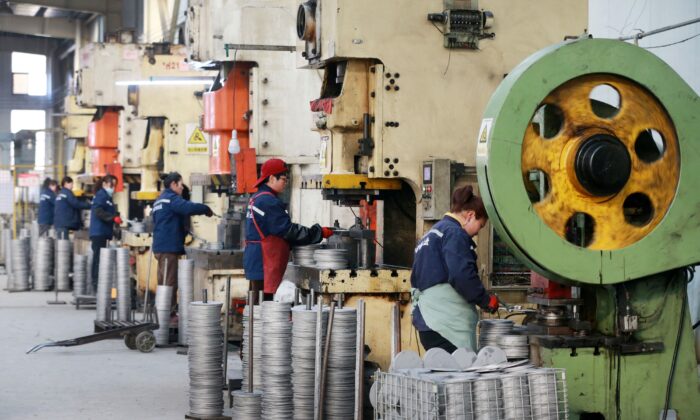Commentary
“Chinese steel and aluminum entering the U.S. market through Mexico evades tariffs, undermines our investments, and harms American workers in states like Pennsylvania and Ohio,” Brainard emphasized. “When China’s export surges impact our markets, whether directly or indirectly, we will take action.”
The artificially low prices of steel exported from China, due to substantial state subsidies, pose a threat to U.S. national security and economic stability. The dependence on foreign steel and aluminum leaves the U.S. vulnerable in emergencies, such as war, and susceptible to price fluctuations controlled by the Chinese Communist Party (CCP).
While increased tariffs may impact domestic prices, they will also generate revenue for the U.S. government, potentially reducing income taxes or national debt. These tariffs aim to support the U.S. steel and aluminum industries, preserve jobs, and strengthen the domestic industrial sector, essential for national security and emergencies.
The implementation of these tariffs signifies a strategic move towards safeguarding U.S. industries and reducing reliance on adversarial nations like China. By imposing tariffs on transshipped products, the U.S. aims to secure its supply chains, protect jobs, and enhance economic stability.
Views expressed in this article are opinions of the author and do not necessarily reflect the views of The Epoch Times.
Please rewrite this sentence.
Source link








